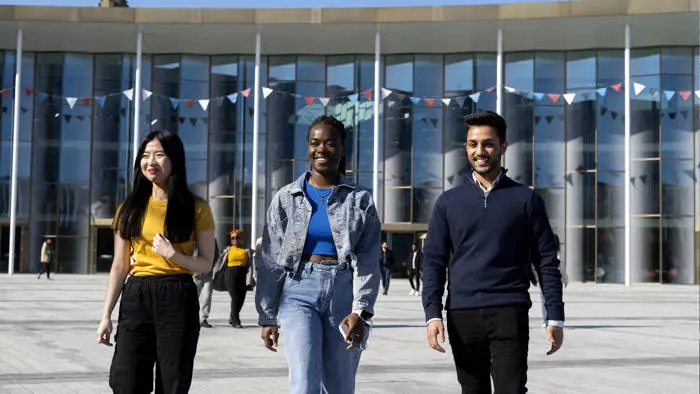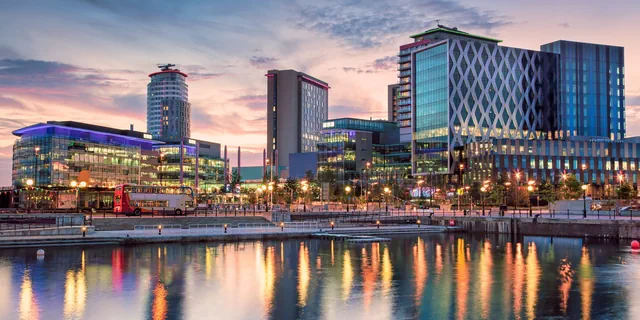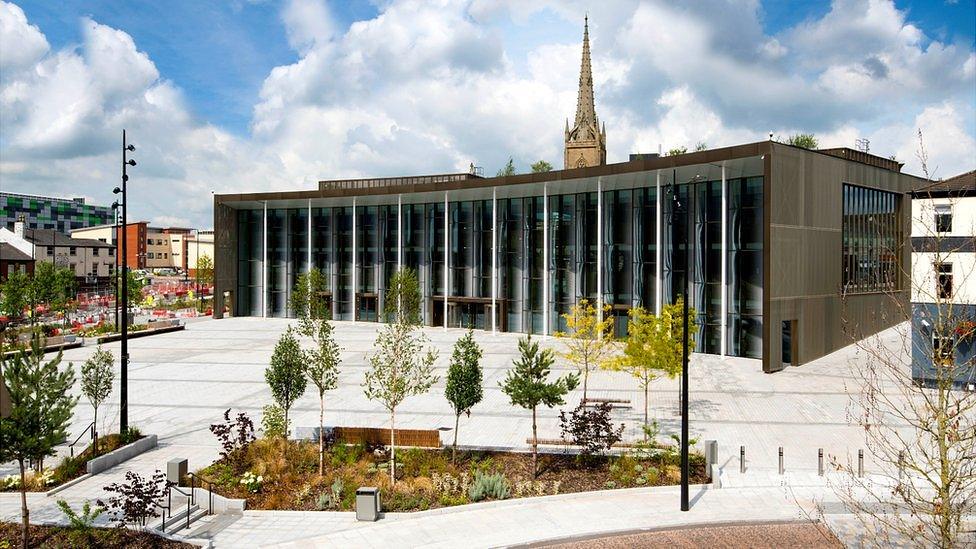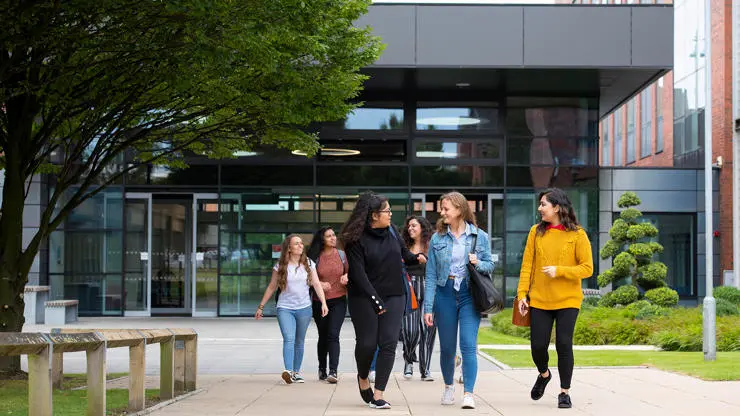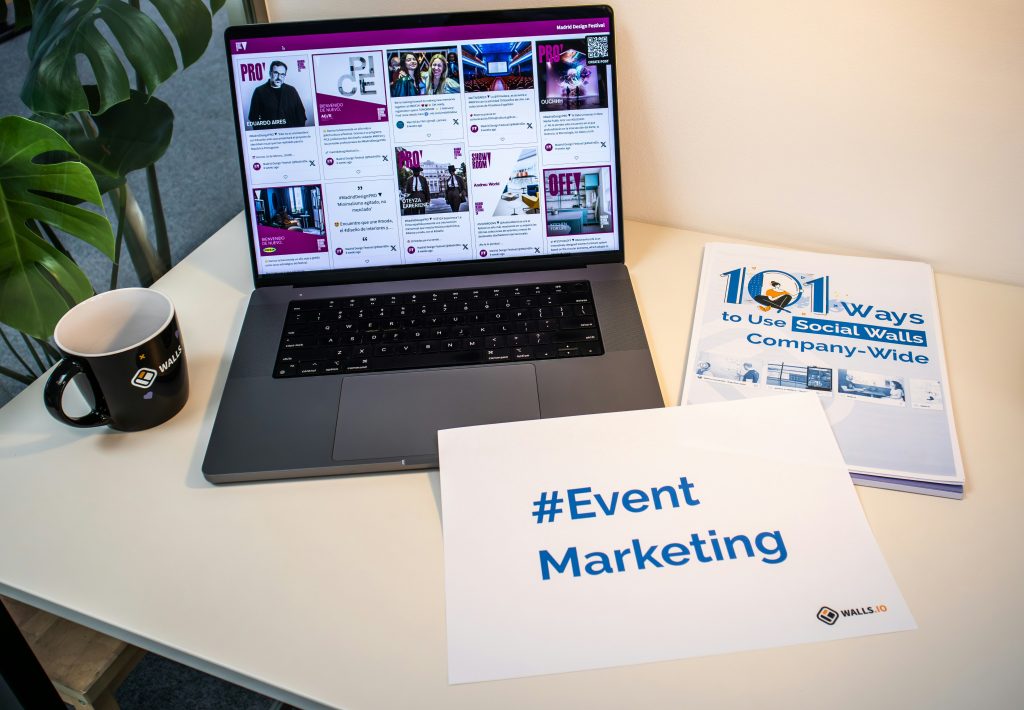Robert Kennedy College (RKC) provides a globally recognised pathway for students to undertake online Bachelor’s, MBA, MSc, LL.M, and Doctoral degrees in partnership with leading UK institutions. This blog offers an in-depth overview of the convenience and global acknowledgement of studying online with Robert Kennedy College, along with a step-by-step guide to the application process and eligibility criteria for prospective students.

Introduction: Convenience and Global Recognition
Choosing Robert Kennedy College for your higher education is more than just convenience — it’s about securing a future marked by global recognition and flexibility. The college’s online approach enables you to effortlessly combine your academic ambitions with personal and professional responsibilities, so you never have to compromise on your goals or commitments. Whether you aim for a rapid completion in one year or prefer a more gradual pace over up to five years, the renowned UK qualifications from RKC adapt to your life.
The programmes, delivered in partnership with leading UK universities, ensure your degree is highly regarded worldwide and reflects industry needs, providing you with a clear career advantage. Optional residencies in England or Zurich offer valuable academic and cultural experiences, further boosting your international profile.
Application Process: A Step-by-Step Guide
Applying to Robert Kennedy College is intended to be simple, digital, and student-focused. Here’s what to expect during the admissions process:
Step 1: Explore Programmes and Prepare
- Start by examining the detailed course catalogue to determine which degree programme—Bachelor, MBA, MSc, LL.M, or Doctoral—suits your aspirations and background.
- Connect with our education advisors for tailored advice.
Step 2: Creating the Online Application

- Visit the official application website to submit your online application. This digital process means you don’t need to submit physical documents—uploading is quick, secure, and remote.
- Complete your personal and academic details accurately.
Step 3: Required Documentation
Your education advisor will guide you through this process and inform you of the documents that need to be uploaded.
- LinkedIn profile.
- Updated CV/Resume.
Step 4: Interview or Additional Details
- The admissions team may contact you for a virtual interview or to request supplementary information.
Step 5: Formal Offer and Enrolment
- If successful, you will receive an admission offer letter. Follow the instructions within to accept, pay the tuition fee instalment, and secure your place in the programme.
- Access RKC’s OnlineCampus and get ready for orientation.
Step 6: Orientation and Start
- Participate in any introductory or orientation modules to become familiar with the digital learning platform and resources.
Additional Notes
- RKC offers multiple intakes each year, giving you the flexibility to start your studies at the most convenient time.
- Education advisors offer continuous guidance during every stage of the application process.
Eligibility Criteria by Programme

Robert Kennedy College adopts an inclusive approach, welcoming students from both traditional and non-traditional backgrounds. Here’s an overview of eligibility for its popular degrees:
Bachelor’s Programmes
- Higher National Certificate.
- Higher Apprenticeship (UK).
- Swiss Federal Diploma of Higher Education.
- Other equivalents.
- Entry to our BA (Hons) Business Administration programme is through successful completion of Robert Kennedy College’s Diploma of Business Administration programme.
MBA Programmes
- Formal: An honours degree at 2:2 or above or an international equivalent.
- Practical: Minimum two years’ relevant professional experience.
- English: IELTS 6.5 (minimum 5.5 per component).
- Applicants with significant professional experience but lacking formal qualifications may be considered through their professional experience, serving as a qualifying route.
MSc/LL.M Programmes
- Academic: Bachelor’s degree (minimum 2:2 honours or equivalent).
- Professional: Relevant qualifications and/or work experience can contribute to eligibility.
- English: IELTS/TOEFL requirements similar to MBA.
PhD/DBA Programmes
- Academic: Master’s degree in any discipline, with priority given to RKC graduates.
- Motivation: Demonstrated passion for research and professional excellence.
- Online delivery supports international participation, with rolling admissions throughout the year.
Entry with Non-Traditional Backgrounds
- Applicants without traditional academic qualifications but with relevant experience or the ability to demonstrate suitability may also apply.
Scholarships and Financial Aid

- Dean’s Bursaries and early-payment reductions available. Full details and currency options are listed on our Tuition Plans & Rates page.
Flexibility and Professional Integration
- Programmes are designed so students can study at their own pace, balance coursework with professional commitments, and complete within a personalised timeline to suit individual life circumstances.
- The online learning platform provides access to virtual classrooms, online libraries, and support communities, making the experience interactive and collaborative.
Robert Kennedy College leads the field of online higher education by combining flexibility, practical relevance, and international recognition. Its simple digital application process, open eligibility requirements, and multiple intake sessions each year make it an appealing option for students worldwide, whether they are pursuing academic progress or career development.
Taking the first step is simple—explore the programmes, engage with the education advisors, and start an application that could transform your future.
For a personalised academic journey that balances life’s numerous demands, Robert Kennedy College is your gateway to achieving your ambitions.

